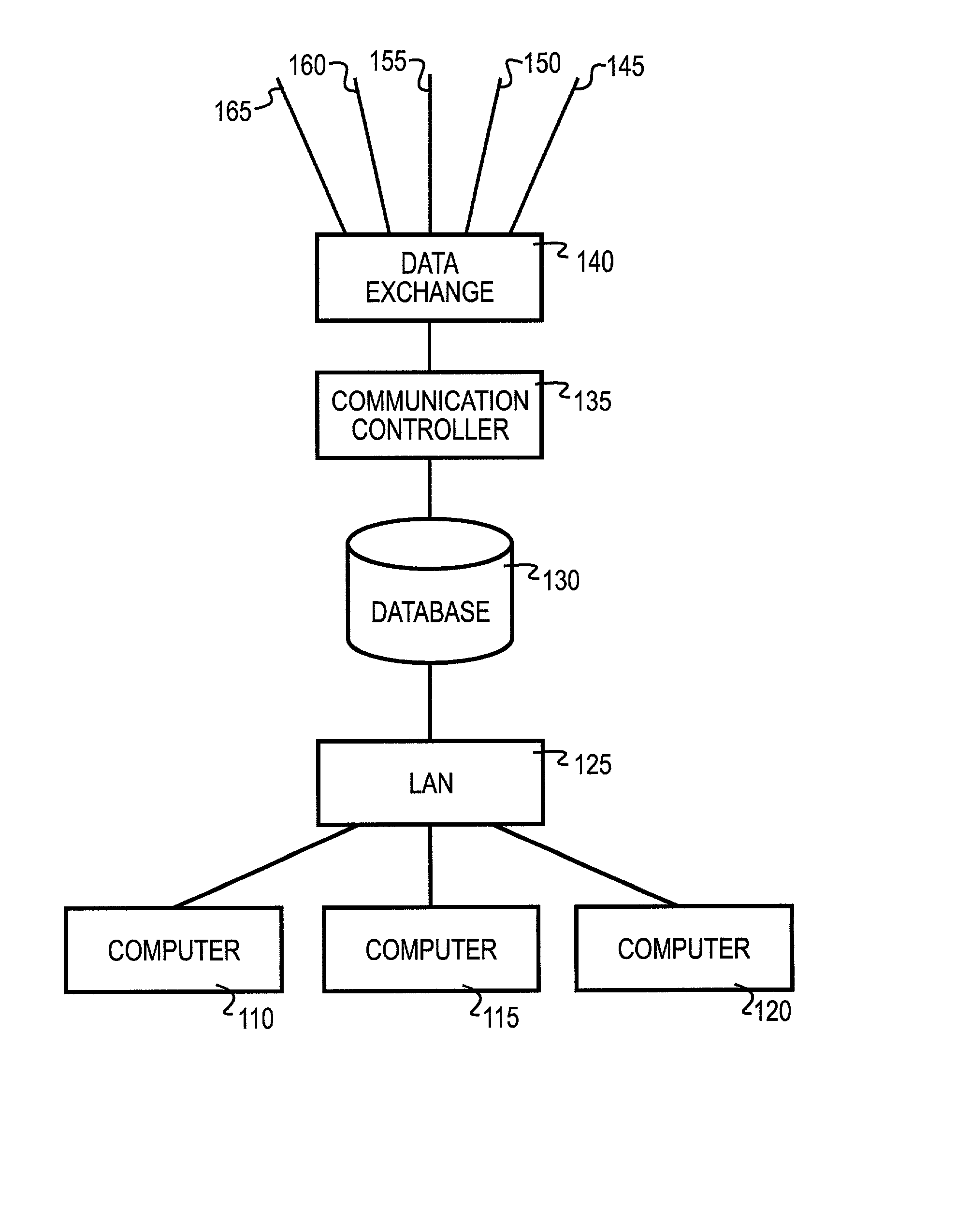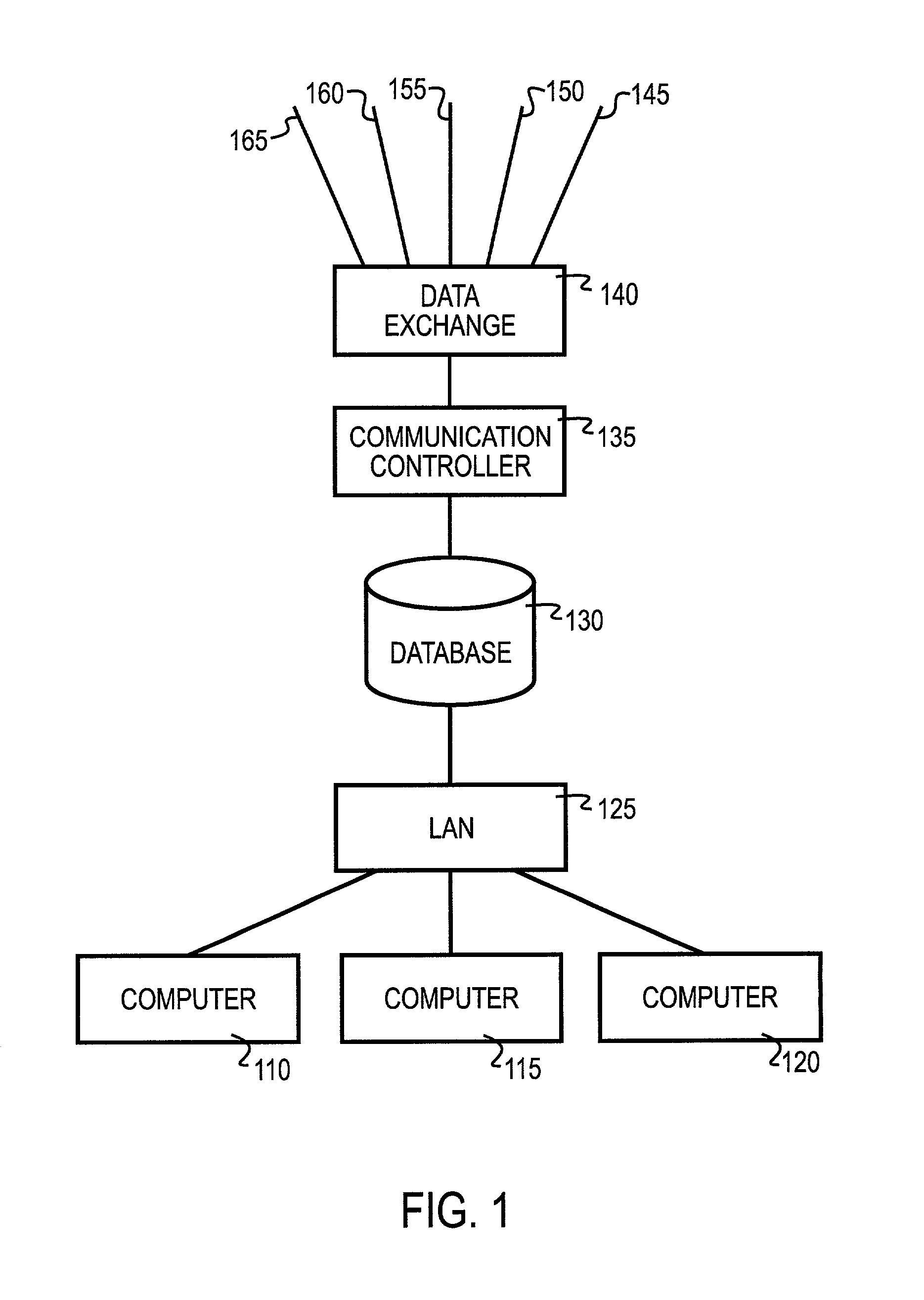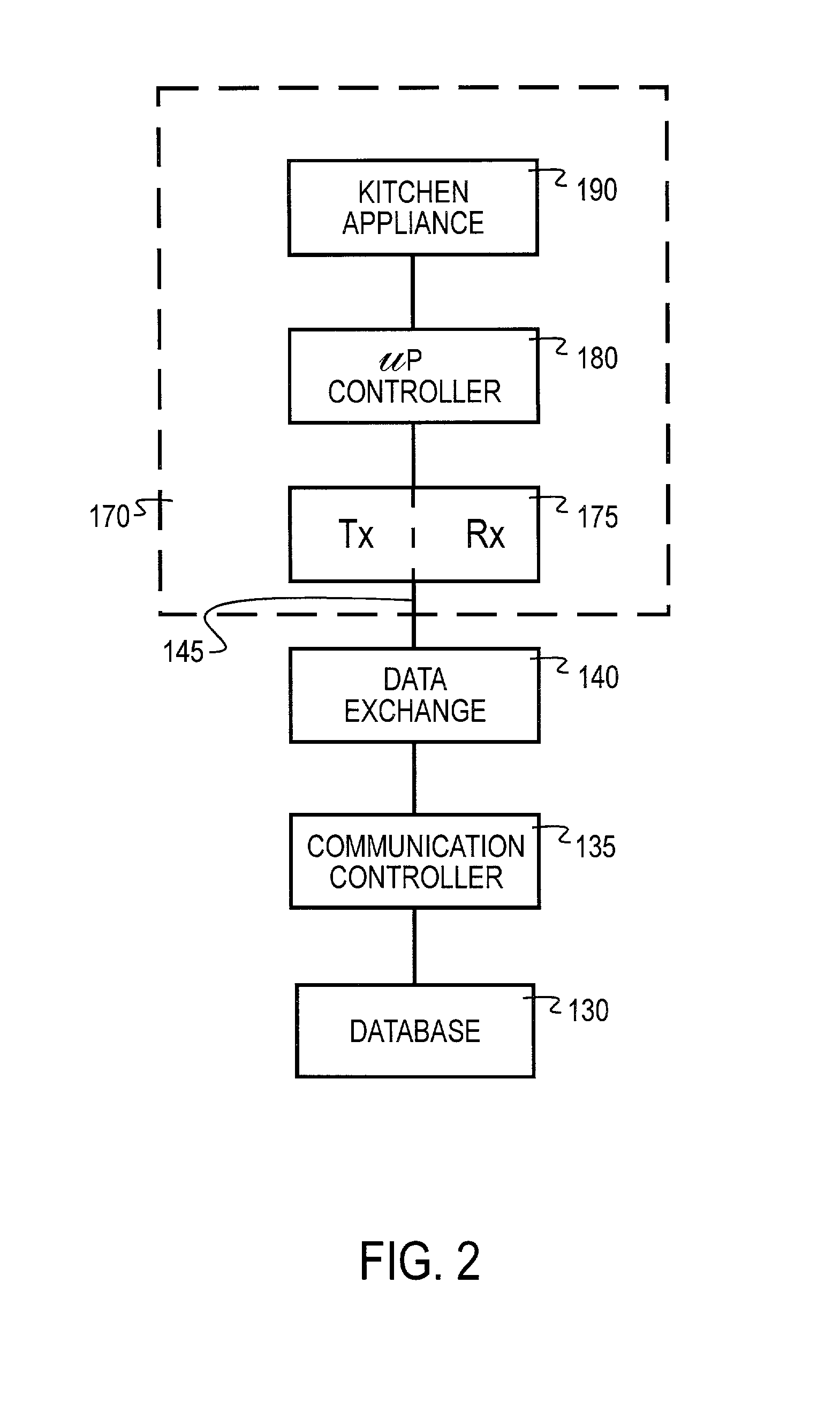Dimensional dining restaurant management system
a restaurant management system and dimensional technology, applied in the field of dimensional dining restaurant management system, can solve the problems of labor intensive and inconsistent, fragmented food preparation and delivery art, and general lack of attention to taste, etc., to facilitate creation and conscious selection, facilitate consistent delivery of desired atmosphere, and maintain flexibility in the apparatus sufficient
- Summary
- Abstract
- Description
- Claims
- Application Information
AI Technical Summary
Benefits of technology
Problems solved by technology
Method used
Image
Examples
example 1
[0059] Using the costume to support a fair booth, one waiter / waitress can be associated with horses, another cows, another with quilt patterns another with flowers, etc. Each of the staff can dispense fair trivia about their booth and initiate a trivia game with orders at their tables. The dining room will preferably vary placemats and tablecloths to match the staff costume and booth, and people can be seated in association with their favorite booth. To address the individual who likes abstract art, an abstract art copy from a magazine or book can be hung near one table in an arts section. The menu would preferably include two church specials, corn dogs, fruit kabobs, McDonald's style hamburgers, fries and fresh vegetables. Music from the movie "State Fair" can be played throughout the meal.
example 2
[0060] In this example, the focus of the event staging is less on visual and more on the food. Favorite recipes from patrons are fit into categories. The patrons act as judges and award ribbons and prizes. The waiters and waitresses are dressed as vendors. The tablecloths will preferably be red checked. Conversation is generated based upon the patron's own favorite experiences at the state fair.
example 3
[0061] This example illustrates application of the invention to a restaurant setting. Additional survey data reveals that the restaurant loses half of the weekly regulars during the state fair. That data can be used to entice the weekly customer to return one more time in another week by having a state fair theme, at a time of year different from the actual state fair time. As with examples one and two, the staff and environment will be changed to match the theme. Alternatively, the data can be used to compete with the state fair by offering stomach training, for example. In this case, the patrons enter contests for eating the quickest, most hamburgers in the next hour, etc, where small prizes in food, branded items, etc are given away. The patrons will preferably be engaged in sharing skills, stories, reacting to the environment presented, or selecting one or more patrons to be the main character, and highlighting their expertise.
PUM
 Login to View More
Login to View More Abstract
Description
Claims
Application Information
 Login to View More
Login to View More - R&D
- Intellectual Property
- Life Sciences
- Materials
- Tech Scout
- Unparalleled Data Quality
- Higher Quality Content
- 60% Fewer Hallucinations
Browse by: Latest US Patents, China's latest patents, Technical Efficacy Thesaurus, Application Domain, Technology Topic, Popular Technical Reports.
© 2025 PatSnap. All rights reserved.Legal|Privacy policy|Modern Slavery Act Transparency Statement|Sitemap|About US| Contact US: help@patsnap.com



